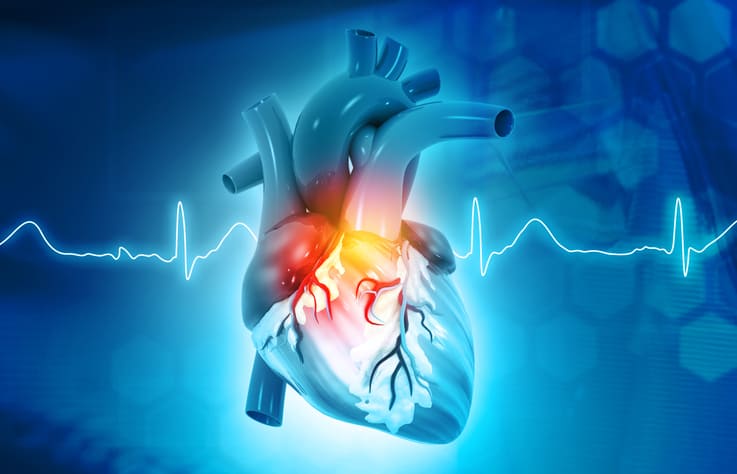Microbubbles (MBs) are optimal ultrasound contrast agents because their unique acoustic response allows for exquisite sensitivity . This unique response is derived from MBs’ elasticity that allows them to oscillate differently from surrounding tissues. While the main use of MBs in the clinic is for cardiac and perfusion imaging, imparting MBs with bioresponsive properties would expand their use to detect pathophysiologic changes. This can be achieved by damping MBs’ oscillations to silence their signal and rescuing it when they encounter the biomarker of interest to improve detection and specificity of diseases such as deep vein thrombosis (DVT). Here, we demonstrate that conjugating perfluorobutane-filled MBs with hyaluronic acid (HA) and cross-linking HA with biodegradable linkers eliminates harmonic signal because of increased MB stiffness and decreased oscillation. In this proof-of-concept study, we used a reversible pH-sensitive cross-linker to establish and validate this targeted and activatable pH-sensitive MB (pH-MB) platform. Conjugation of HA to MBs and targeting of pH-MBs to CD44-positive cells were validated. Harmonic signal loss due to stiffening of pH-MBs’ shell was confirmed using a clinical ultrasound scanner equipped with Cadence contrast pulse sequencing. pH-MBs imaged before and after acidification increased harmonic signal fivefold. Because the cleavage of the cross-linker we used is reversible, harmonic signal was silenced again when the acidic suspension was neutralized, confirming that harmonic signal is dependent on the cross-linked HA. The rate of rise and the magnitude of harmonic signal increase could be manipulated by varying the phospholipid composition and the number of HA cross-linkers, indicating that the platform can be tuned to the desired response needed. In this study, we established the feasibility of using targeted and activatable MBs and plan to apply this platform to aid in the diagnosis and management of patients with DVT and potentially other conditions.
Microbubbles Cloaked with Hydrogels as Activatable Ultrasound Contrast Agents.


